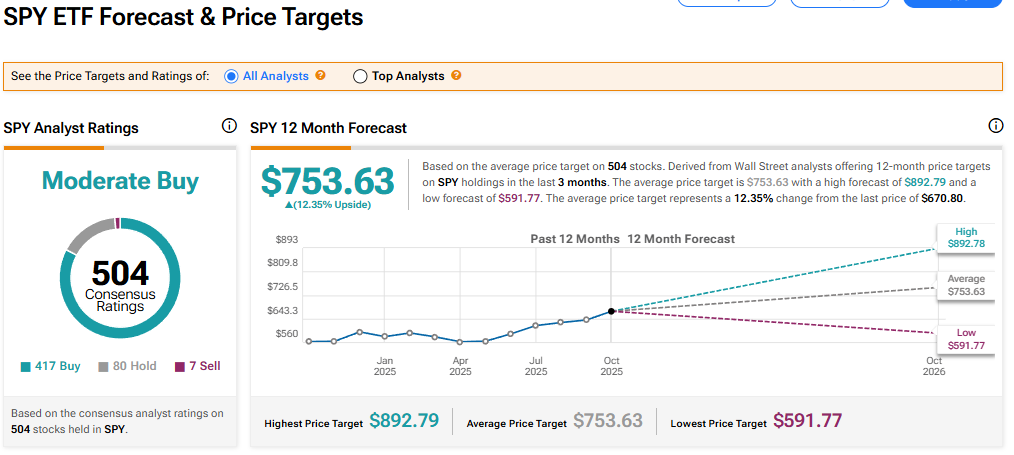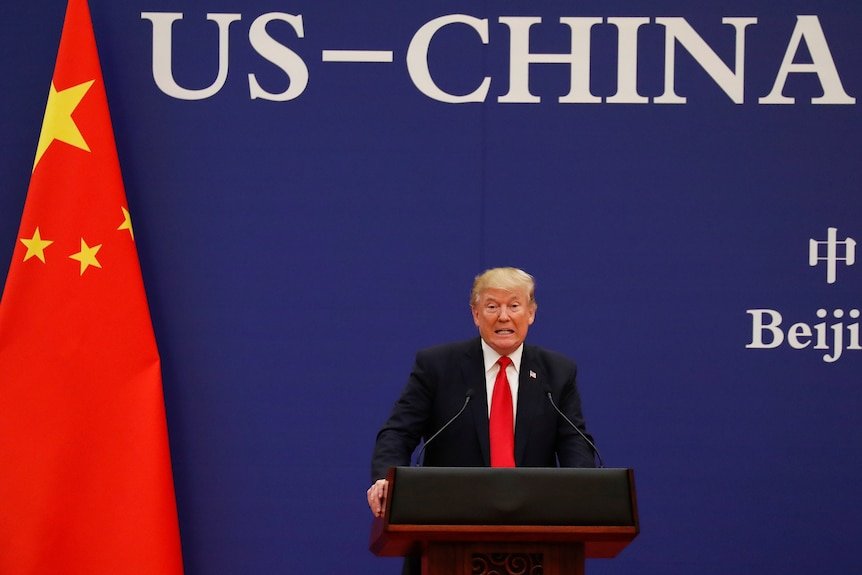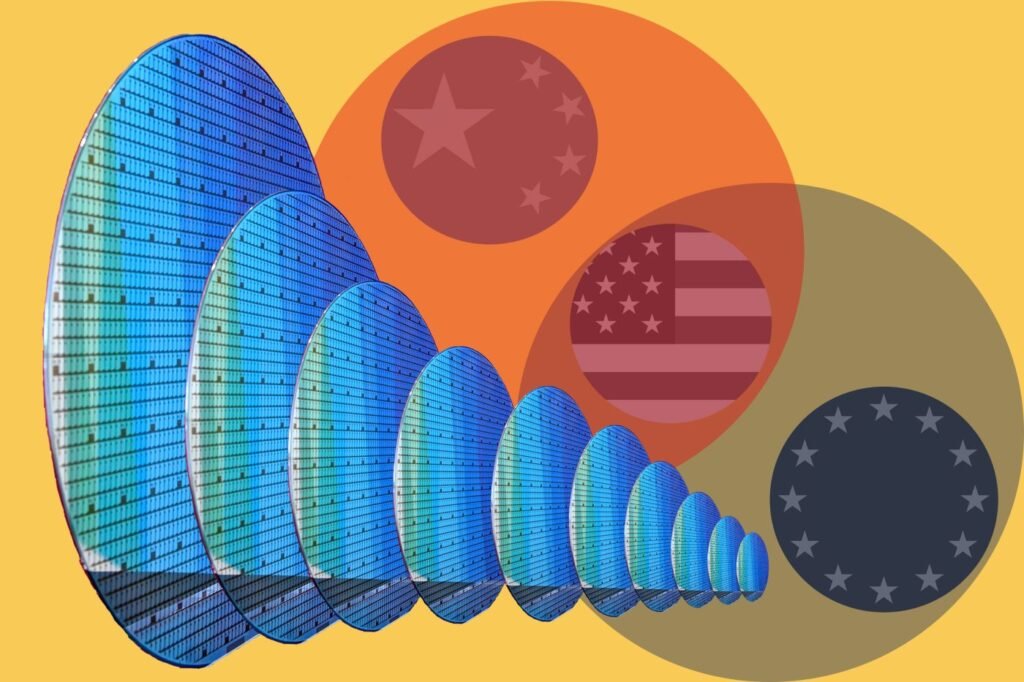She spoke after visiting senior officials in China, India and Singapore — and just days before Prime Minister Mark Carney departs on his first visit to Asia since taking office, with stops in Malaysia, Singapore and South Korea.

Her visit marks a shift away from the federal government’s 2022 Indo-Pacific strategy, which branded China as “an increasingly disruptive global power” that holds “interests and values that increasingly depart from ours.”
Anand said she is seeking a balance between alleviating economic stress and pursuing Ottawa’s security and human rights priorities.
“We must be nuanced in our diplomacy. We must stress our concerns relating to security and public safety on the one hand, and we must seek to build additional supply chains on the other. That is pragmatism,” she said.
While she did not name U.S. President Donald Trump directly, his tariffs have hit numerous Canadian sectors and hindered foreign investment, even after Ottawa emulated American restrictions on Chinese vehicles.
In Beijing last week, both countries agreed to revisit the strategic partnership they signed in January 2005. Anand said both sides will have the agreement “renewed and refocused” to meet today’s needs.
“What we are aiming to do is to recalibrate the relationship, so that it is constructive and pragmatic,” Anand said.
Canada and China have been at odds for months over Ottawa’s move to match U.S. tariffs on Chinese electric vehicles, which led China to slap tariffs on Canadian canola, in addition to seafood tariffs.
“We are going to be seeking to ensure that foreign policy serves the domestic economy,” Anand said. “Let’s not make any mistake that China is a major global economic player.”
Canada’s bilateral merchandise trade with China totalled $118.7 billion last year. That makes China Canada’s second-largest trading partner after the United States, which recorded $924.4 billion in bilateral merchandise trade with Canada last year.
Anand said Carney’s promise to build the strongest economy in the G7 is part of a longer-term effort to diversify trade.
She said Canada’s foreign policy now rests on the three pillars she outlined at the United Nations this fall: strengthening defence, building economic resilience and advancing core values such as human rights.
Carney said last month Canada could “engage deeply” with China on commodities, energy and basic manufacturing, but with guardrails that “left off to the side” anything that could “bridge into national security, privacy” or other matters.
During an election debate back in April, Carney called China “the biggest security threat” facing Canada.
Asia Pacific Foundation vice-president Vina Nadjibulla said “selective engagement” with China is tricky to pull off.
“China doesn’t like to compartmentalize,” she said. “Normally, China likes to have much more linkages between issues.”
Polling shows fewer Canadians have negative feelings about China than in recent years, but most are still cautious about engagement with Beijing.
Nadjibulla said calling Beijing a strategic partner and renewing the 2005 pact makes it unclear how Canada will manage Washington’s concerns about China’s trade practices.
“I don’t know if a strategic partnership is the exact right framing of that relationship,” she said. “It’s been brought back in the context of (us) celebrating 20 years, but I think we now need to actually explain to Canadians what that looks like.”
Nadjibulla lobbied for the release of former Canadian diplomat Michael Kovrig during his more than 1,000 days in detention in China alongside consultant Michael Spavor.
Anand’s predecessor Mélanie Joly visited Chinese Foreign Minister Wang Yi in Beijing in July 2024, and Canada’s ambassador to China said the discussion lasted five hours.
Anand said her two-hour discussion with Wang last week was both productive and “unprecedented, in the sense that over the past number of years, our governments have not proceeded along this route.”
She said the two discussed everything from cybersecurity and air travel to health, energy and the environment. Anand has invited Wang to visit Canada.
In its own summary of the discussion, China’s foreign ministry mentioned Ottawa’s long-standing position of not recognizing Taiwan as an independent country.
Anand said that is still Canada’s Taiwan policy.
“We do adhere to a One China policy, and I want to emphasize that Canada is a world leader in advancing human rights and the rules-based international order. That’s never going to change,” she said.
“Diplomacy is best done minister to minister, and we will always put the needs of Canadians first, and we will continue our engagement with Taiwan.”
This report by The Canadian Press was first published Oct. 23, 2025.
Dylan Robertson, The Canadian Press






![[Latest] China Oil And Gas Market Strategic Importance](https://koala-by.com/wp-content/uploads/2025/10/La22291585_g.jpg)